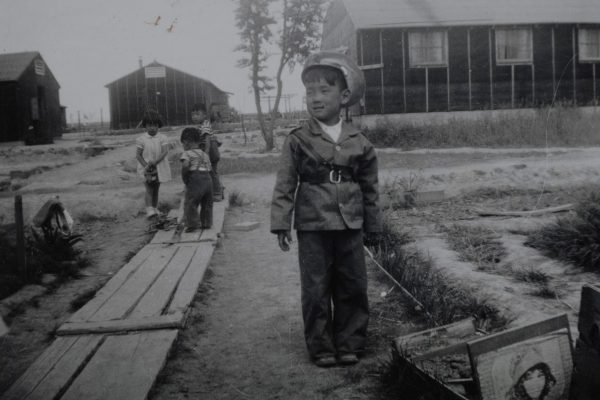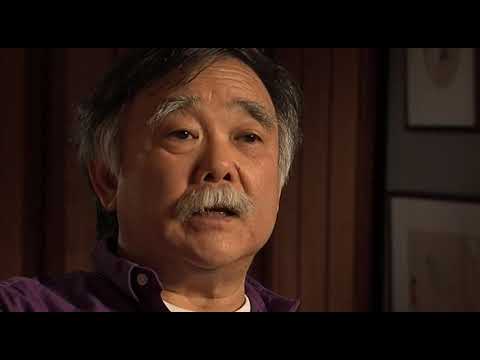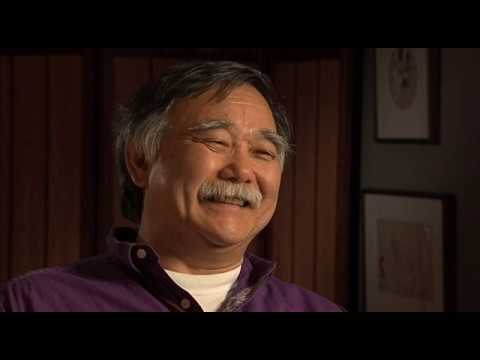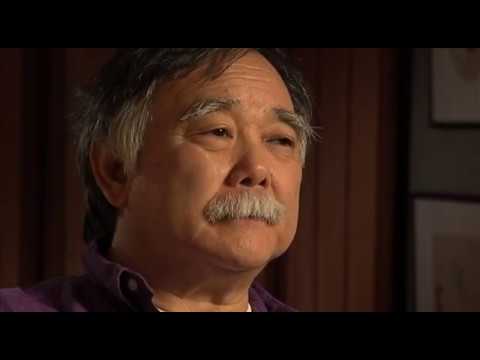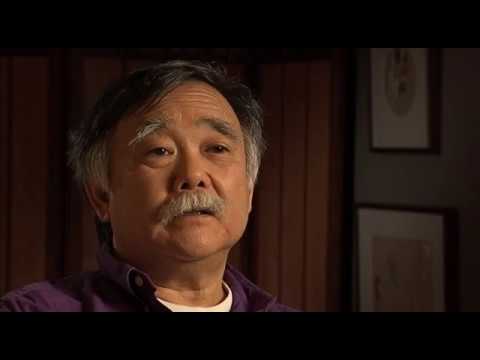Video Interview — April 2007
Manzanar Loyalty Questionnaire, camp conditions – Frank Kitamoto (OH0044)
Transcript
I do remember my mother telling me that when they had that questionnaire, the “loyalty questionnaire,” and my dad had just been released from Missoula, and that questionnaire came around. And he refused to sign “yes–yes” to the two questions, the one about bearing arms against an enemy and forsaking any allegiance to the emperor of Japan. And he was, he was so angry that he just refused to sign “yes–yes.” And, and you know, the rumors are going around that if you don’t sign “yes” you’re gonna be taken away and sent to Tule Lake or back to Japan for, in exchange for Americans trapped in Japan. And my mom said, she said she pleaded with him and said, “Sign ‘yes.’ What would you do in Japan? You can’t… you can speak Japanese, but you can’t read or write Japanese. What, what would the family do if you had to go to Japan?”
And she said, “I’d rather hang myself than go to Japan.” And my dad got so angry he said, “Go get a rope. Go ahead.” And, but he did finally sign “yes” to the two questions. And I think Reverend Andrews, Reverend Emery Andrews from the Baptist church played a big part in convincing him that he should think of his family first and sign “yes” on those two questions. So I know he was just really angry about what happened to him.
I have a few personal memories. They’re all memories that kids would have if they do something wrong. [Laughs] I remember being scalded by hot water in the mess hall ’cause I was running around and bumped into a woman who was serving hot water for tea. And I remember… every time an adult sees me that used to know me in concentration camp in Manzanar, they say, “Oh, you’re that little kid that used to hang onto your mother’s dress all the time and was crying all the time. I felt really sorry for your mother.” So I must have just cried constantly while I was there. And it’s not only, you know, one or two people that have said that, so I know this has gotta be true. [Laughs] I know everybody talks about the dust being there and, and how the bread was covered in sand.
And the mess hall line and how you’d be chewing on sand rather than food when you ate. And they talk about having to take these canvas bags and stuff ’em with straw to make their mattresses. So, although I don’t remember it personally, I’m sure that it was really a tough situation. Being one of the first groups there, I’m sure that a lot of the facilities weren’t up to snuff yet, as far as toilet facilities, and the barracks and so forth, that they were still building a lot of the things there when we got there. And the conditions were probably not as good as, as they were maybe later on, although they probably still weren’t very outstanding.
I know my mom said that first week there, everyone got diarrhea. And then I remember somebody calling it the “Manzanar runs.” But they said, she said, that this elderly Issei, first–generation woman came up to her and said, “They’re gonna poison us and we’re all gonna die. And we’ll never leave this place.” My mother told her she didn’t think that was true ’cause she didn’t think America was that way, and it was the food rather than the fact that they were actually trying to poison us. But, but that feeling probably was real to some of the older people there, ’cause they didn’t know how they’d be treated.
